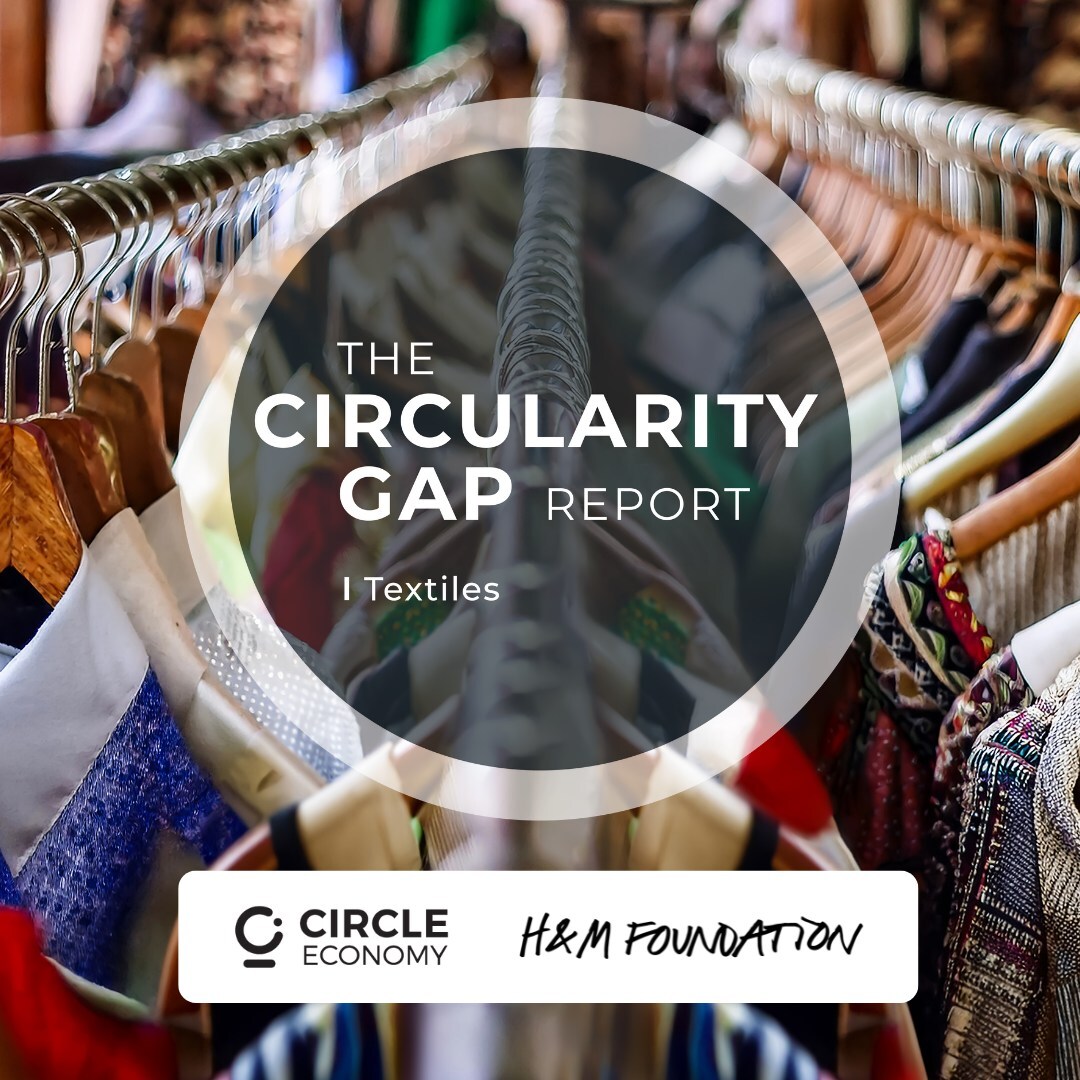CIRCULARITY GAP REPORT TEXTILES H&M FOUNDATION CIRCLE ECONOMY RECYCLING SLOW FASHION RENEWABLE FIBRES SUSTAINABILITY SOCIAL IMPACT DECARBONISATION ENVIRONMENTAL PRIORITIES INNOVATION CIRCULAR ECONOMY GLOBAL CHANGE AWARD SAAMUHIKA SHAKTI. GLOBAL
STOCKHOLM, SWEDEN
By IFAB MEDIA - NEWS BUREAU - December 4, 2024 | 222 4 minutes read
A first-of-its-kind report authored by Circle Economy and funded by the H&M Foundation, provides an in-depth view of the current circularity in clothing and textiles. The Circularity Gap Report Textiles urges immediate action to diminish the textile industry's environmental impact by embracing circular economy principles such as reuse, recycling, and slow fashion.
The report highlights eye-opening data: only 0.3% of the 3.25 billion tonnes of materials consumed annually by the textile sector come from recycled sources, and fossil-fuel-based synthetic fibres make up 70% of its raw materials. Yet, by prioritising renewable and recycled fibres, increasing garment durability, localising supply chains, and reducing the volume of production and consumption, the industry could make significant strides toward a more sustainable and circular model.
"We supported this report to provide the textile industry with actionable insights," says Christiane Dolva, Head of Innovation, Research & Demonstration at the H&M Foundation. "It emphasises the most impactful circularity efforts. While not a complete solution, circularity can drive meaningful change. We hope these insights will support industry-wide transformation, benefiting both people and the planet."
The report presents four recommendations going forward:
- Transform the industry by cutting production volumes – address overproduction, reshape production cycles, and reduce resource use.
- Set environmental priorities beyond carbon reduction – consider broader environmental impacts, especially on water ecosystems.
- Ensure a socially just circular transition – focus on decent work, fair wages, and better working conditions.
- Coordinate action across science, technology, policy, and finance – collective action across these areas is needed for a circular textile economy.
"The CGR Textiles is groundbreaking as the first in-depth analysis to measure circularity within the textiles sector, highlighting the urgent need for solutions that transform the entire textile value chain toward a circular model. Only through concrete, scalable actions can the industry contribute meaningfully to a sustainable future," says Hilde van Duijn, Managing Director of Circle Economy Foundation.
The report reinforces H&M Foundation's current work such as Global Change Award, which accelerates innovation benefiting both people and the planet, and Saamuhika Shakti, which catalyses inclusive circularity in solidarity with waste pickers. Going forward, the H&M Foundation will use the report's findings to guide its efforts in decarbonising the industry in a just and fair way, helping to identify where its philanthropic support can have the greatest impact.
For full report, please visit circularity-gap.world/textiles.









